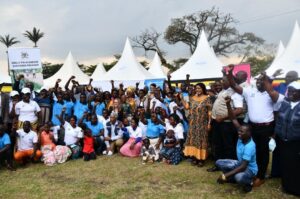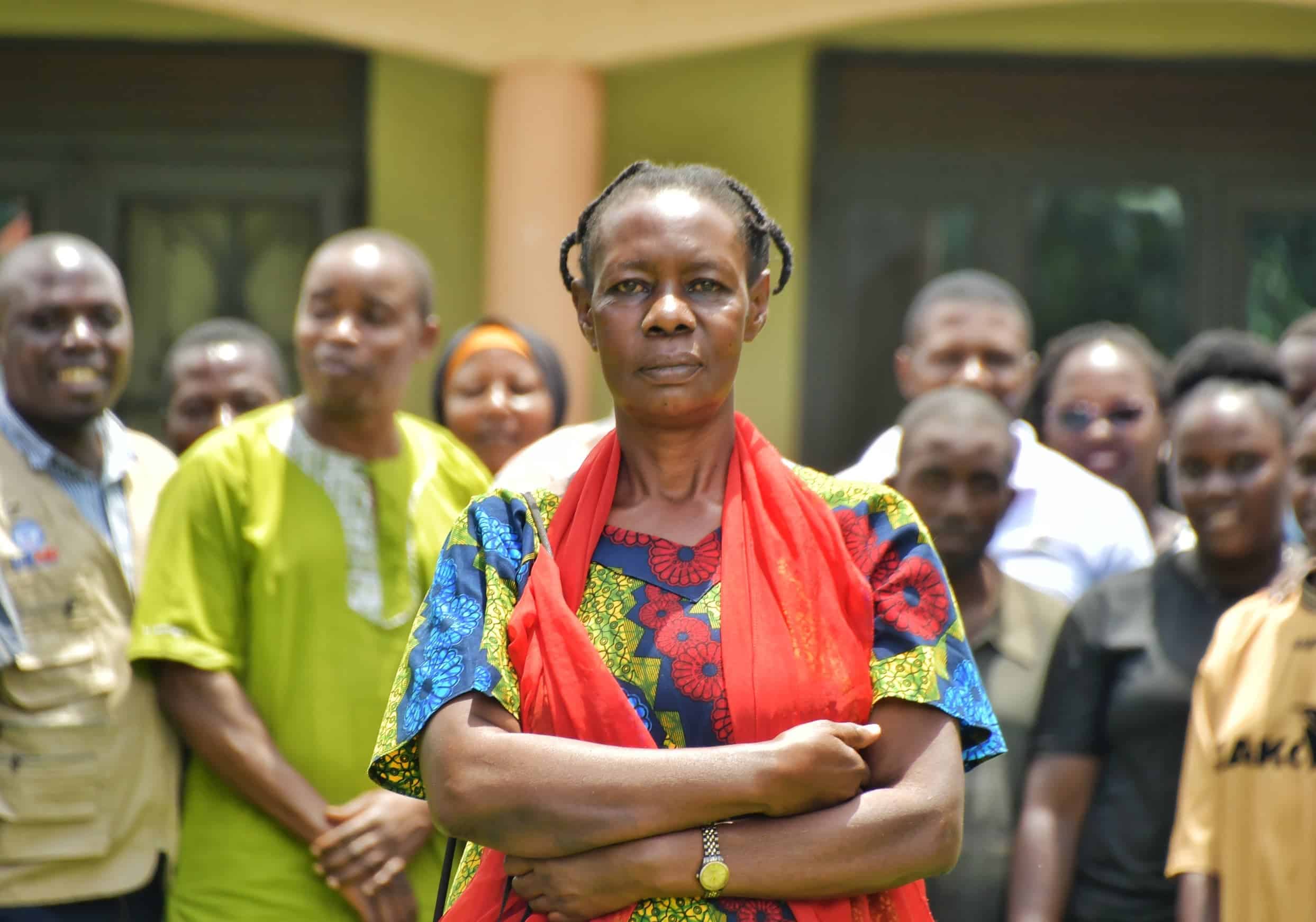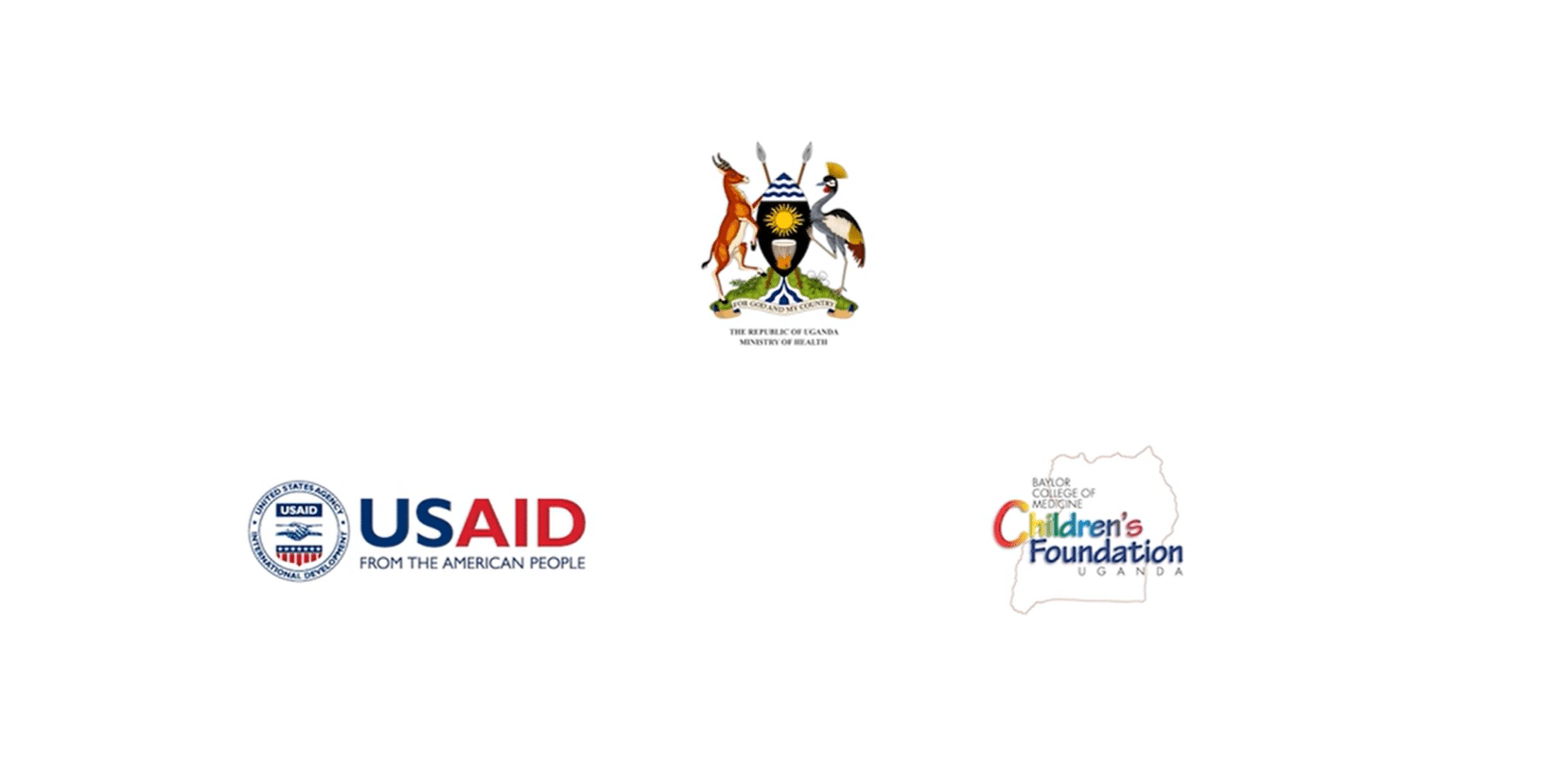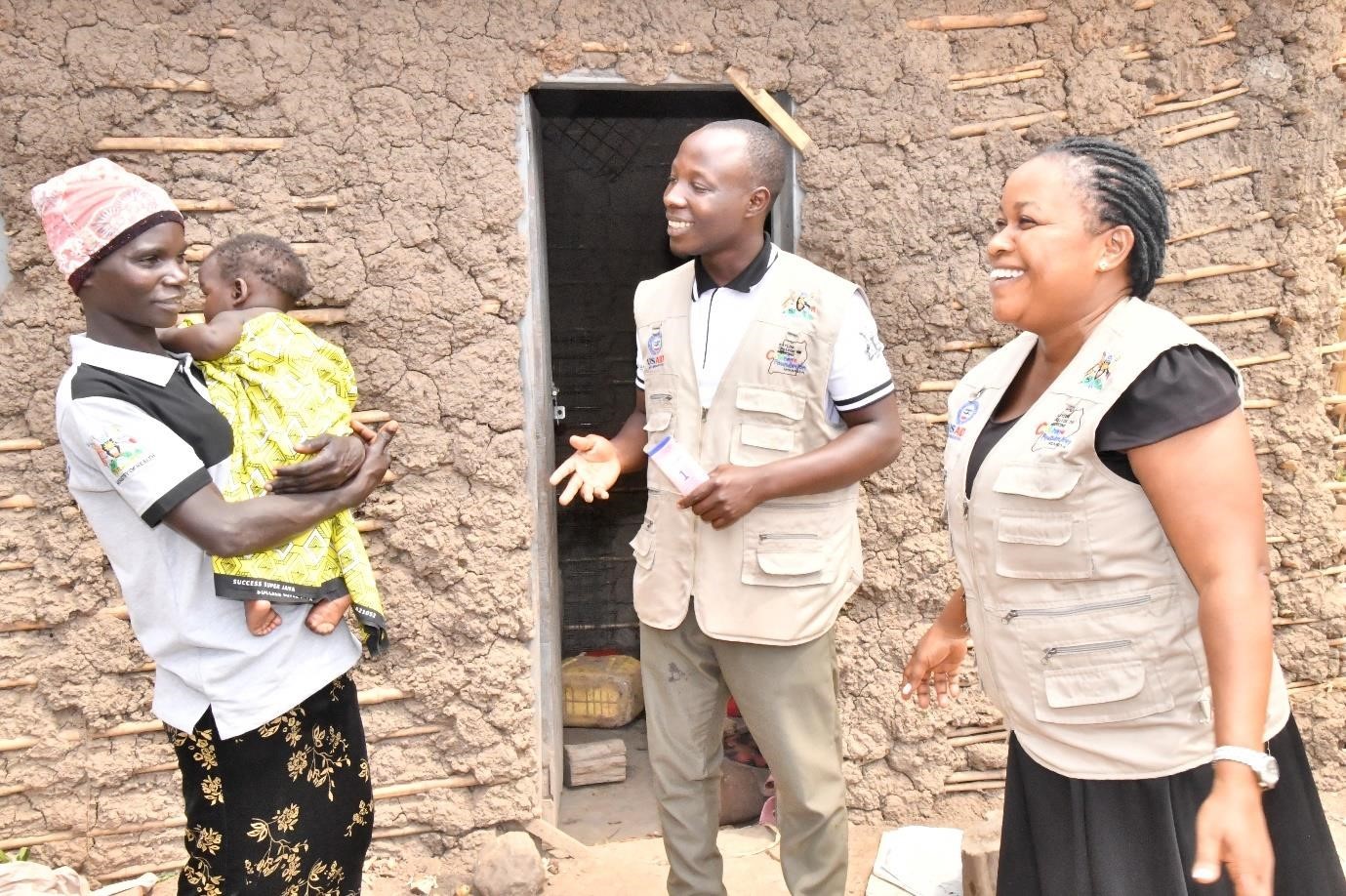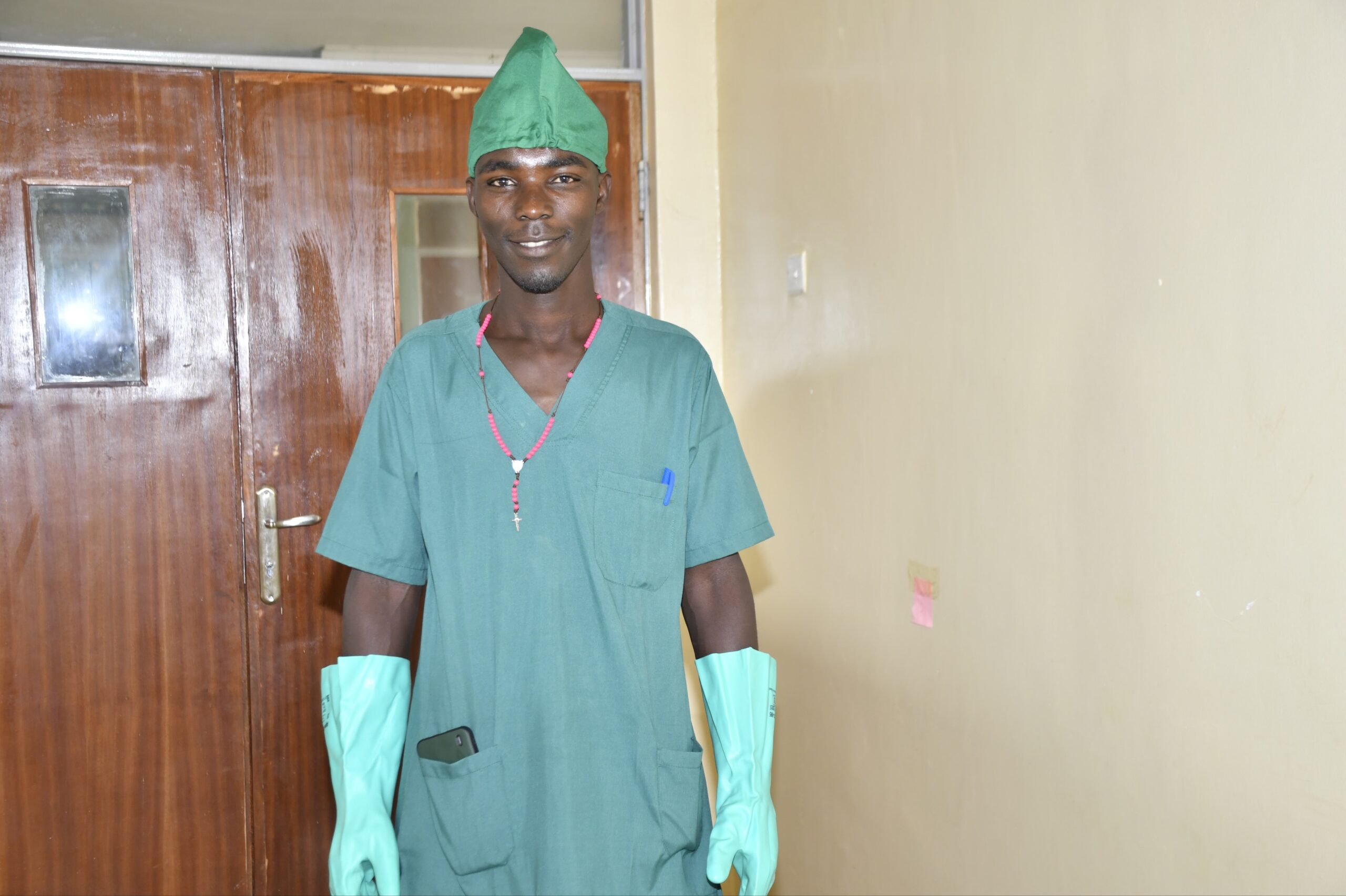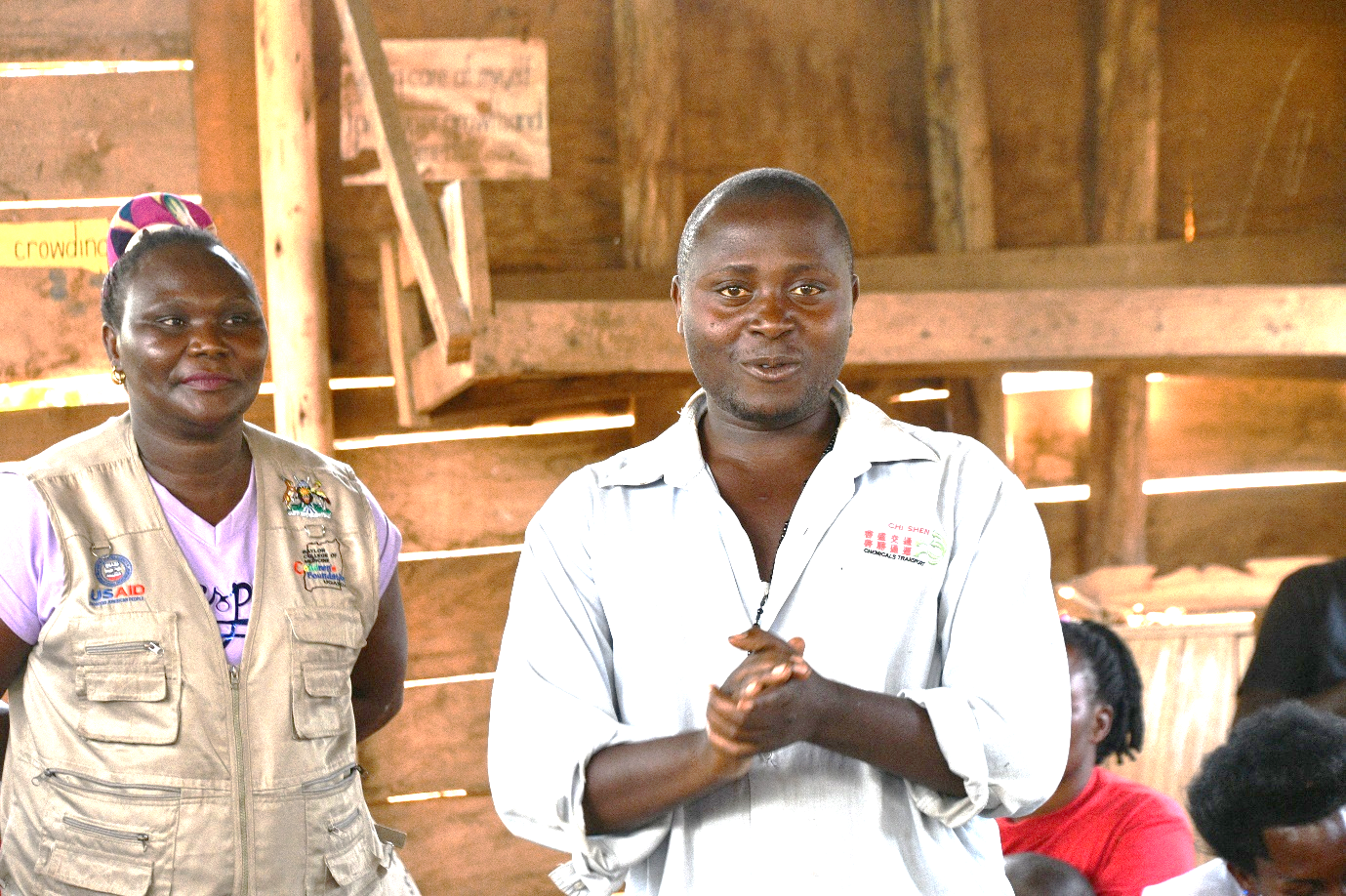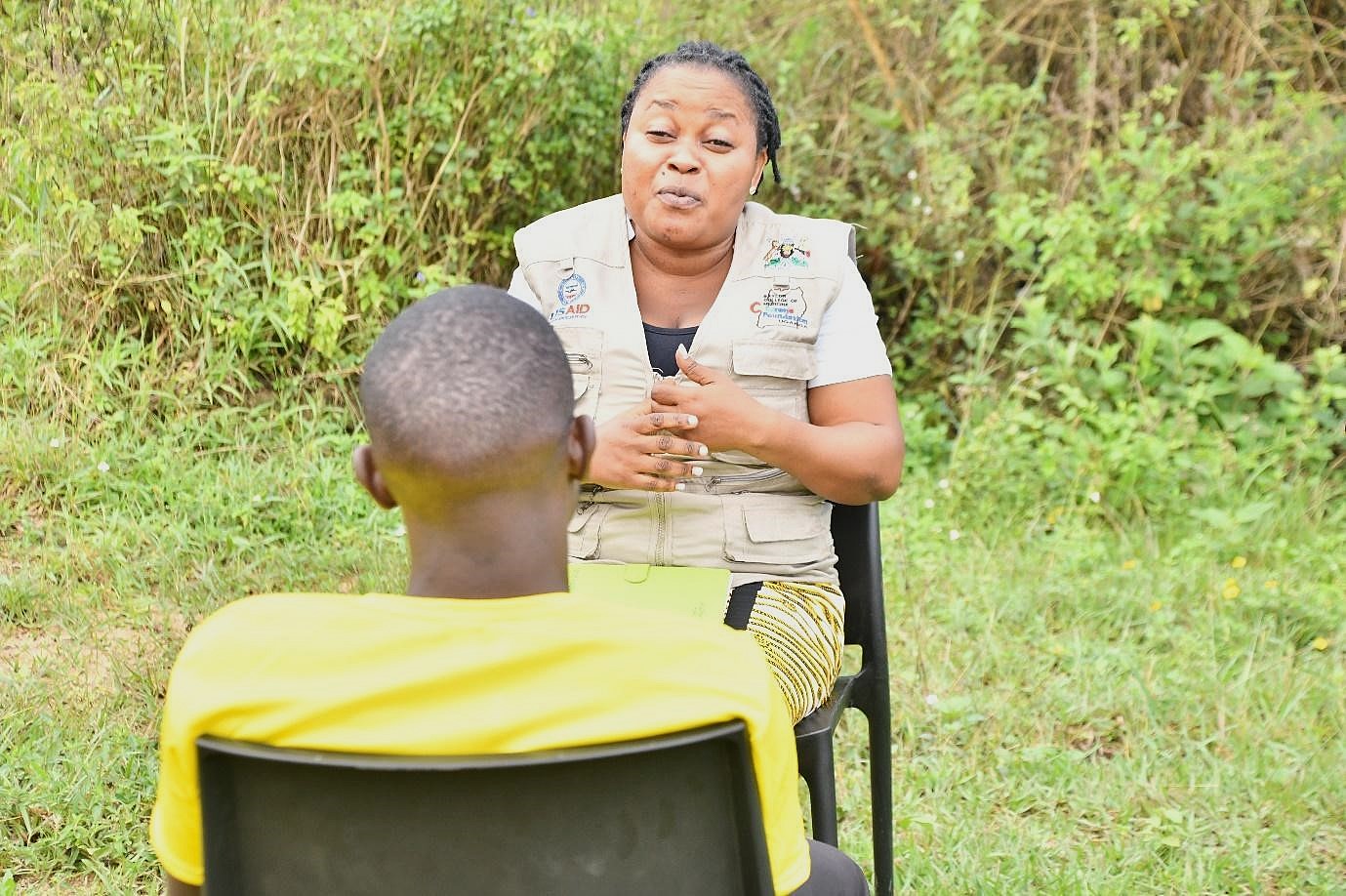On January 11, 2023, the Ugandan Ministry of Health (MOH) and the World Health Organization’s
Regional Office for Africa (WHO AFRO) declared Uganda Ebola-free, following a 42-day monitoring
period during which no cases were reported. Uganda’s Minister of Health, Dr. Jane Ruth Aceng
credited the achievement of this success in less than four months to the good coordination and
implementation of several interventions by the government of Uganda through the Ministry of Health
and several partners and the institution of lockdowns by the President of the Republic of Uganda in
epicenter districts of Kassanda and Mubende. The interventions were extended to additional districts
of Bunyangabu, Jinja, Kagadi, Kampala, Kyegegwa, and Masaka and the four high-risk nonresponse districts of Kakumiro, Kyenjojo, Kabarole and Mityana. The implementation partners included, WHO, CDC Africa, UNICEF, MSF, Save the Children, JHPIEGO, AFENET, IDI, Mild May, The Red Cross, and Baylor-Uganda.
Baylor-Uganda implemented several interventions with funding from the United States Centers for Disease Control and Prevention (CDC), United States Agency for International Development (USAID), and UKAID (through GIZ), including:

US ambassador in Uganda HE Natalie Brown (Middle) poses for a picture with Baylor
Uganda ED (blue tie) and other stakeholders at the ceremony to declare end of Ebola in
Uganda. left is Amy Boore Program Director, Division of Global Health Protection, CDC
Uganda
Establishing the Ebola virus disease (EVD) situation rooms/Data Center
Baylor-Uganda with support from CDC established EVD situation rooms in Mubende, Kassanda and
Kyegegwa districts to provide timely situation updates.
Baylor-Uganda further seconded staff to the MOH, Incident Management Team and the National
Public Health Emergency Operations Centers to support epidemiology, surveillance, public health
emergencies, health informatics, and the development of alert management systems (AMS) to guide
tailored response efforts at both district and national levels.
Baylor-Uganda further seconded staff to the MOH, Incident Management Team and the National
Public Health Emergency Operations Centers to support epidemiology, surveillance, public health
emergencies, health informatics, and the development of alert management systems (AMS) to guide
tailored response efforts at both district and national levels.
Field epidemiological activities
Baylor-Uganda dispatched field epidemiologists to conduct rapid mass gathering risk assessments to
determine the risk of holding public events and ensure appropriate mitigations are in place.
Additionally, field Epidemiologists supported orientation and awareness viral hemorrhagic fevers
(VHF) that enhanced Crimean-Congo hemorrhagic fever (CCHF) virus surveillance during the Sudan
ebolavirus outbreak in Kampala city.
Surveillance
Ebola testing at a health facility in Uganda.
Baylor-Uganda improved EVD surveillance and response capacity through contact tracing, active case search for sick persons and suspected EVD cases; point of entry (PoE) screening at border points; community-based disease surveillance and mortality surveillance. It also built the capacity of healthcare workers, districts, and village health team supervisors to effectively respond to the EVD, through contact tracing, follow ups and compilation of data for the situation reports.
Infection prevention and control,
laboratory, intensive care and treatment
Baylor-Uganda supported the implementation of IPC/WASH in 489 healthcare facilities, and further trained 138 laboratory personnel and 154 drivers across five districts on safe EVD specimen collection and transportation from contacts, confirmed cases and dead bodies. Given the challenges posed by the
lack of a currently licensed vaccine or treatment for EVD, Baylor provided technical assistance for effective clinical treatment, patient monitoring, mental health and psychosocial support in the Ebola Treatment Units (ETUs). Ebola testing at a health facility in Uganda.
National Ebola Survivors’ Program
To address continuing health problems among EVD survivors, Baylor-Uganda worked alongside MoH
and other partners to establish a suvivor program that would provide comprehensive support for the
medical and psychosocial challenges they face, including minimizing the risk of continued Ebola
transmission. Support included the setup of Ebola survivor clinics that were established in Mubende
and Entebbe Regional Referral Hospitals to treat the disease’s aftereffects; prevent the re-emergence
of the virus that may persist in survivors’ body fluids, such as semen and the breast milk of lactating
mothers; and support the mitigation of community myths and misconceptions about survivors and
their reintegration into society. Another Clinic will also be established at Kassanda Health Center.
Ebola survivors and Donors and MoH wave the victory sign at the ceremony to declare end of Ebola in Uganda


